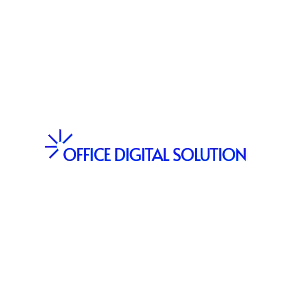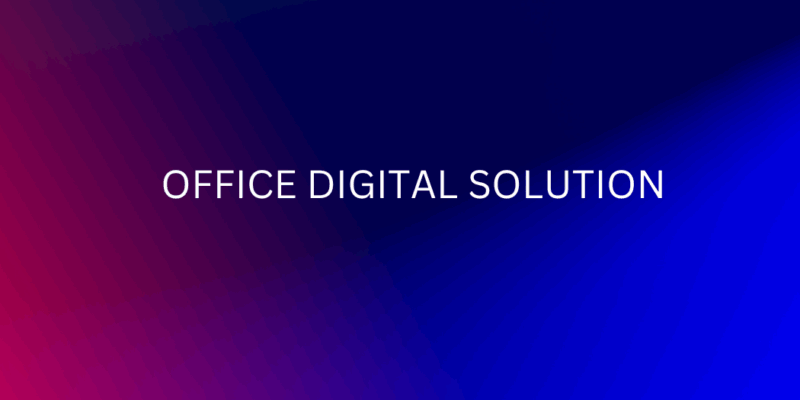The world of work is undergoing a seismic shift—one that’s being accelerated by artificial intelligence (AI) and digital transformation. From how we collaborate and make decisions to the very nature of the jobs we do, the future of work is being reshaped at unprecedented speed.
Organizations that embrace this transformation aren’t just surviving—they’re thriving. The question is no longer if AI will change the workplace, but how quickly and how deeply.
A New Era of Work: Intelligent, Connected, and Agile
Digital transformation has laid the groundwork for flexibility, automation, and global collaboration. AI is now supercharging those capabilities, ushering in an era where work is:
-
Intelligent – Machines analyze massive datasets, learn from patterns, and make real-time recommendations.
-
Connected – Cloud platforms and collaboration tools enable seamless interaction across time zones.
-
Agile – Businesses can adapt rapidly to market changes with scalable digital infrastructure.
This transformation isn’t just about technology—it’s about redefining work itself.
How AI Is Transforming the Workplace
1. Enhancing Productivity
AI-powered tools automate repetitive tasks, reduce manual errors, and help workers focus on high-value work. From email triage and customer service bots to predictive analytics, AI is boosting efficiency across the board.
2. Enabling Smarter Decision-Making
With access to real-time data and AI-driven insights, leaders can make more informed decisions—whether it’s forecasting sales, optimizing operations, or personalizing customer experiences.
3. Personalizing the Employee Experience
AI is being used to tailor learning and development paths, match talent with projects, and improve recruitment processes. Employees get customized career growth opportunities, leading to higher engagement and retention.
4. Creating New Roles and Skills
While AI may displace some jobs, it is also creating entirely new roles—like AI ethicists, data translators, and automation strategists. The future of work will belong to those who can adapt, learn, and work alongside intelligent systems.
The Human Element: Skills and Culture Still Matter
Even as machines become more capable, human skills remain essential. Creativity, empathy, leadership, and critical thinking can’t be fully replicated by AI. Organizations must invest not just in technology, but also in reskilling and upskilling their workforce.
Equally important is cultivating a digital-first culture that encourages innovation, agility, and continuous learning.
The Role of Digital Transformation
AI is powerful, but it doesn’t operate in isolation. It thrives on the foundation laid by digital transformation:
-
Cloud computing allows for scalable, accessible data storage and processing.
-
Automation platforms streamline workflows and reduce friction.
-
Data integration tools ensure that insights flow freely across systems.
Together, AI and digital transformation form a feedback loop—each reinforcing the other to drive faster innovation and more adaptive organizations.
Preparing for the Future
To stay ahead, companies should focus on:
-
Developing a clear AI and digital strategy aligned with business goals.
-
Investing in talent development to close the digital skills gap.
-
Fostering a culture of experimentation and continuous learning.
-
Redesigning work models to blend human capabilities with intelligent systems.
Final Thoughts
The future of work isn’t coming—it’s already here. AI and digital transformation are not just enhancing how we work—they’re redefining what work is. Organizations that recognize this shift and act decisively will be the ones leading the next generation of business.
The key to success? Balancing technology with humanity, and using innovation to unlock the full potential of people and machines working together.


